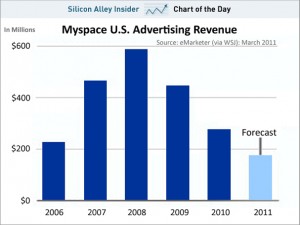Crowdfunding has become very popular amongst aspiring entrepreneurs to “test the waters” with their ideas and receive some more financial backing. Although enabling more concepts and potential products to come to fruition from those who might not have the financial stability to do so, it also brings a lot of risk. In COMM 101, the viability of Kickstarters have been discussed, specifically from the perspective of the individual(s) behind a certain Kickstarter. This article looks at Kickstarters from the other side of the relationship. In particular, those that succeed in receiving funding, but fail to deliver a functioning product.
When a Kickstarter product fails to meet key objectives, backers are understandably upset. MyIDkey and Kreyos are two examples from the article which ended in disaster due to issues such as lack of clear objectives and manufacturing issues, cumulating in substantial losses in capital which neither company can afford.
The fact that Kickstarter is in no way a “shopping centre” for new innovative products is an important concept to grasp especially for the “victims” of failed projects who treat it as such. Despite the fact that many companies do manage to deliver a working product, backers should not be expecting a 100% success rate for any idea they put their money towards.
Image: http://lockerdome.com/6350813287169345/6976134722096148
https://www.kickstarter.com/?ref=nav
http://arstechnica.com/business/2014/10/the-ugly-afterlife-of-crowdfunding-projects-that-never-ship-and-never-end/



